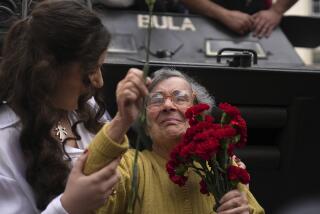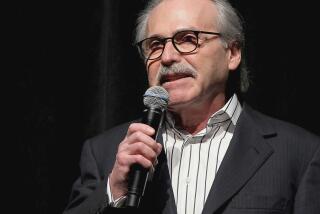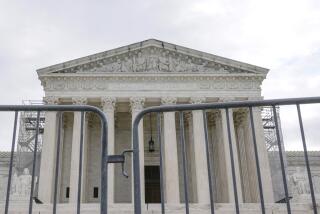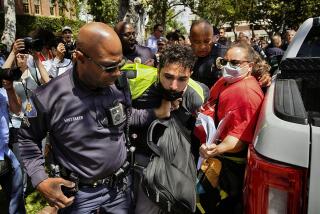Friend of Boston Marathon bomber sentenced to 6 years in jail
A young man from Kazakhstan, Dias Kadyrbayev, was sentenced Tuesday by a U.S. court to six years in prison for obstruction of justice, because he disposed of possible evidence in the form of a backpack and a computer belonging to his college friend Dzhokhar Tsarnaev, sentenced to death for a bombing attack on the 2013 Boston Marathon.
The U.S. Attorney’s Office in Boston announced on its Twitter account the sentence imposed on Kadyrbayev, who apologized to federal Judge Douglas P. Woodlock for having hidden in a landfill the backpack full of fireworks and the computer of his schoolmate Tsarnaev.
The obstruction of justice occurred on April 18, 2013, three days after Dzhokhar Tsarnaev and his brother Tamerlan, slain in a police chase, detonated two pressure cookers filled with explosives and nails at the finish line of the Boston Marathon, killing three people and injuring 264.
Sentencing of the college friend of the younger Tsarnaev brother was part of an agreement between the defense and prosecution for Kadyrbayev to serve six years and not 20 behind bars, as could have been the requested under federal law guidelines for the obstruction of justice in such a lethal attack.
Kadyrbayev took from Tsarnaev’s dorm room the latter’s backpack and computer to destroy them with the help of another Kazakh student, Azamat Tazhayakov, whose sentence will be announced this week.
The U.S. District Court in Massachusetts, which tried the case, also plans to announce the sentence against the American Robel Phillipos, who was found guilty of lying to protect his friend Tsarnaev.
According to the FBI, Phillipos lied to investigators about being in Tsarnaev’s room the night the other two students took the backpack and computer.
Last May 15, Dzhokhar Tsarnaev was sentenced to death by a jury that found the young man carried out the bomb attacks with the goal of causing the greatest possible injury.
Federal Judge George A. O’Toole Jr., in charge of the case, will formalize next June 24 the death penalty, which was requested under federal law guidelines, but which had been abolished in the state of Massachusetts in the 1980s.








